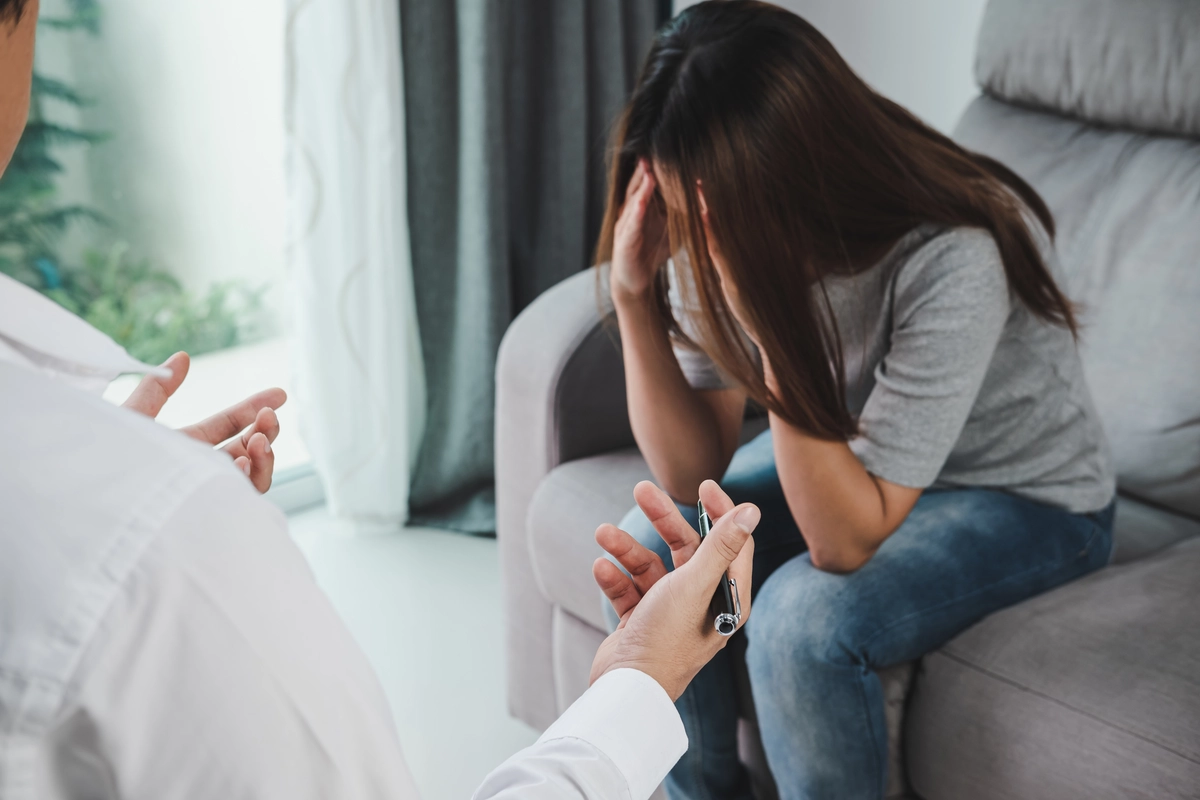24/7 Helpline:
(866) 899-111424/7 Helpline:
(866) 899-1114
Learn more about Bipolar Disorder Treatment centers in Shenandoah
Bipolar Disorder Treatment in Other Cities

Other Insurance Options

WellCare Health Plans

Molina Healthcare

Self-pay options

ComPsych

BHS | Behavioral Health Systems

Highmark

CareFirst

Multiplan

BlueCross

Health Partners

MVP Healthcare

PHCS Network

Medical Mutual of Ohio

Private insurance

Absolute Total Care

AllWell

Regence

Aetna

Health Choice
Beacon

Waubonsie Mental Health Center
Waubonsie Mental Health Center is a private rehab located in Shenandoah, Iowa. Waubonsie Mental Heal...



Zion Recovery
Located in Clarinda, Iowa, Zion Recovery offers alcohol and drug rehab services. They provide reside...

Waubonsie Mental Health Center
Waubonsie Mental Health Center is a private rehab located in Clarinda, Iowa. Waubonsie Mental Health...
























































































































